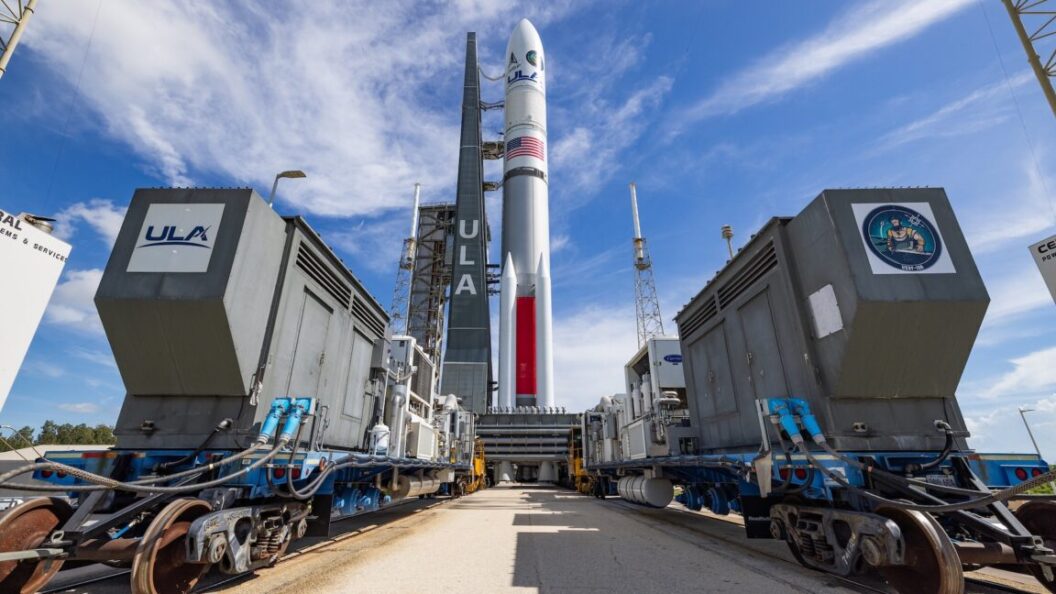Vulcan Rocket Launch Marks New Era for U.S. Space Force
The recent inaugural launch of the Vulcan rocket represents a significant advancement for the U.S. Space Force (USSF). This mission not only highlights a shift away from reliance on foreign technology but also aims to improve military GPS capabilities amid rising geopolitical tensions.
Ending Reliance on Russian Technology
One of the most notable aspects of the Vulcan rocket is its utilization of entirely U.S.-manufactured engines. This is a critical change, as the previous Atlas V rocket relied on Russian-built engines, a dependency that has become untenable given the current strained relations between the U.S. and Russia.
Col. Jim Horne, Mission Director for the USSF-106 launch, emphasized the historic significance of this milestone, stating, "We officially end our reliance on Russian-made main engines with this launch." With the Vulcan, the Space Force secures access to space through two independent rocket companies, ensuring continued capability in delivering military payloads into orbit.
Competitive Launch Capability
In addition to increasing autonomy, the Vulcan rocket is set to provide a cost-effective heavy-lift capability that could outperform the now-retired Delta IV Heavy rocket. This shift not only enhances the Space Force’s launch options but also introduces competition in a market previously dominated by SpaceX’s Falcon 9 and Falcon Heavy rockets.
Onboard Payloads: Pioneering Navigation Technology
The USSF-106 mission carries multiple payloads, among which the primary focus is the Navigation Technology Satellite-3 (NTS-3). Valued at $250 million, NTS-3 is an experimental spacecraft designed to test innovative satellite navigation technologies, especially aimed at defeating GPS jamming and spoofing.
Joanna Hinks, senior research aerospace engineer at the Air Force Research Laboratory, mentioned that the mission will involve "over 100 different experiments," highlighting the advanced technologies being tested. These include an electronically steerable phased array antenna intended to enhance signal strength and reliability amidst interference.
Addressing GPS Vulnerabilities
The significance of NTS-3 extends beyond testing; it addresses critical vulnerabilities in GPS technology, especially in conflict zones. For instance, an investigation into the crash of Azerbaijan Airlines Flight 8243 last December revealed that GPS jamming likely contributed to navigation failures, resulting in tragic consequences. Hinks noted, "One of those is the Chimera anti-spoofing signal… to protect civil users from spoofing that’s affecting so many aircraft worldwide today, as well as ships."
Future Implications
As the Vulcan rocket embarks on its mission with NTS-3 aboard, it symbolizes a vital leap toward enhanced national security and operational efficiency. By moving away from foreign dependency and pioneering advancements in navigation technology, the U.S. Space Force is positioning itself to maintain superior capabilities in an increasingly complex geopolitical landscape.
In conclusion, the Vulcan rocket is not just a technological achievement; it reflects the Pentagon’s strategic pivot toward self-sufficiency, innovation, and resilience in space operations. The implications of this launch will likely resonate throughout military and civilian sectors, underscoring the importance of secure and reliable satellite navigation in an era of heightened global tensions.









